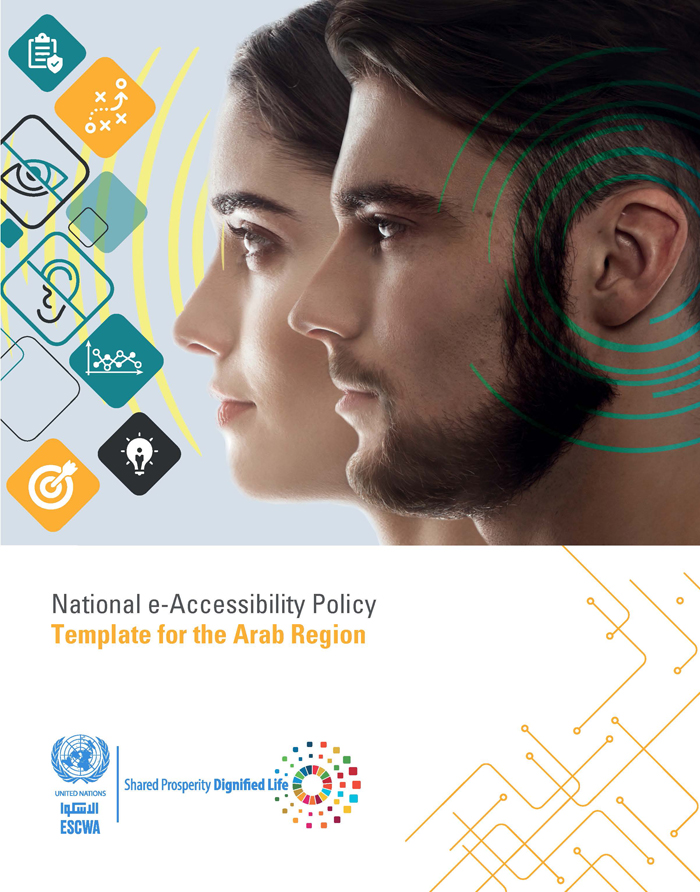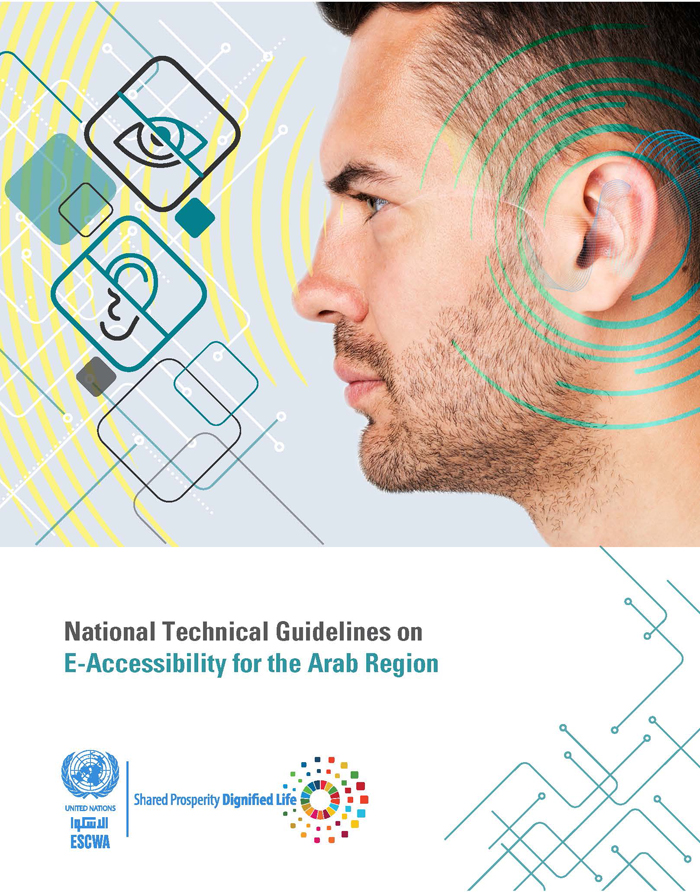The use of emerging technologies – such as artificial intelligence, virtual reality and extended reality, metaverse, mobile video chat, eye control and robotics – in enhancing accessibility is promising. However, more efforts are needed to deploy such technologies to improve the lives of older persons and persons with disabilities in the Arab region.
The main objective of this meeting is to present and discuss “e-Accessibility through new and emerging technologies”, a draft technical paper offering insight and recommendations on advancing e-accessibility through new technologies. The paper provides guidance to Arab policymakers on how to develop/update their national policies to take advantage of such technologies.

